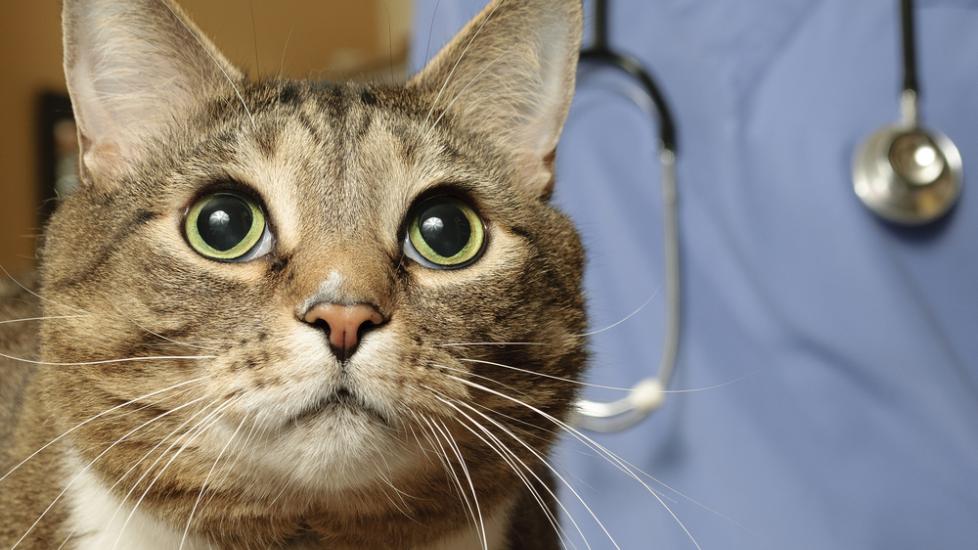How to Treat Rabies in Cats
Dr. Jennifer Coates, DVM
If your cat has potentially been exposed to a rabid animal, this is what you can expect to happen next.
- Medications: A rabies vaccination booster may be recommended when a cat has potentially been exposed to the rabies virus.
What to Expect at the Vet’s Office
- Cats who are current on their rabies vaccines should be given a booster vaccine and quarantined for approximately 45 days (depending on local laws). Quarantine can usually occur at home.
- Euthanasia is the most common recommendation for cats whose rabies vaccination status is not current. In some instances, an owner may instead choose a strict and lengthy quarantine (often six months or longer). Owners are responsible for the cost of quarantine.
If your veterinarian suspects that your cat might have rabies based on a lack of current rabies vaccination, history of potential exposure, and symptoms, this is what you can expect to happen next.
- While diagnostic testing to rule out other potential causes of the cat’s symptoms takes place, the cat should only be handled by doctors and veterinary staff who have been vaccinated against rabies.
- If at any point rabies appears to be the most likely diagnosis, the cat should be euthanized and tested for the disease. No test is available that can diagnose rabies in cats while they are still alive.
- There is no effective treatment for rabies in cats.
- Confirmed cases of rabies must be reported to the State Veterinarian and local public health officials.
What to Expect at Home
During a home quarantine, only one or two adults (no children or animals) should have contact with the cat. The cat should be housed in a part of the home with no direct access to the outdoors. Any unusual behaviors or symptoms that develop, breaks in quarantine, or cat bites should be reported to the cat’s veterinarian immediately. The State Veterinarian and local public health officials will also be involved in the case.
Questions to Ask Your Vet
Any people who have had exposure to a rabid or potentially rabid animal should immediately contact their doctor and ask whether they should receive post-exposure rabies prophylaxis.
Ask your veterinarian if your cat is current on his or her rabies vaccination during wellness check-ups. Vaccination schedules are determined by a cat’s age, the type of rabies vaccine used, and local laws.
Possible Complications to Watch For
It is not unusual for cats to be a little lethargic or sore after receiving a rabies vaccine. A temporary lump at the injection site is also normal, but call your veterinarian if you notice a mass in the area that is enlarging over time. Some types of rabies vaccines have been linked to the development of injection site sarcomas, a type of cancer.
More to Explore
10 Facts About Rabies
